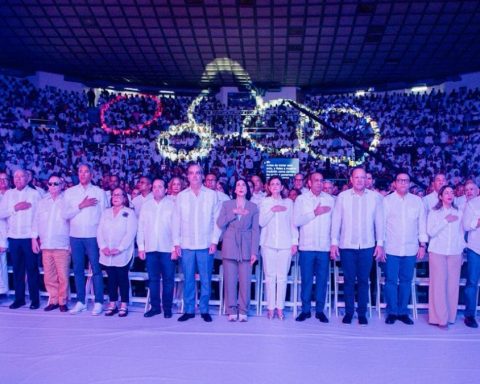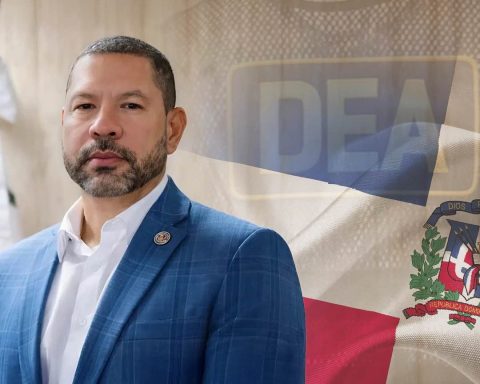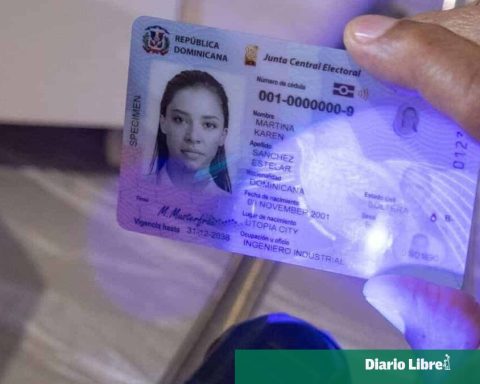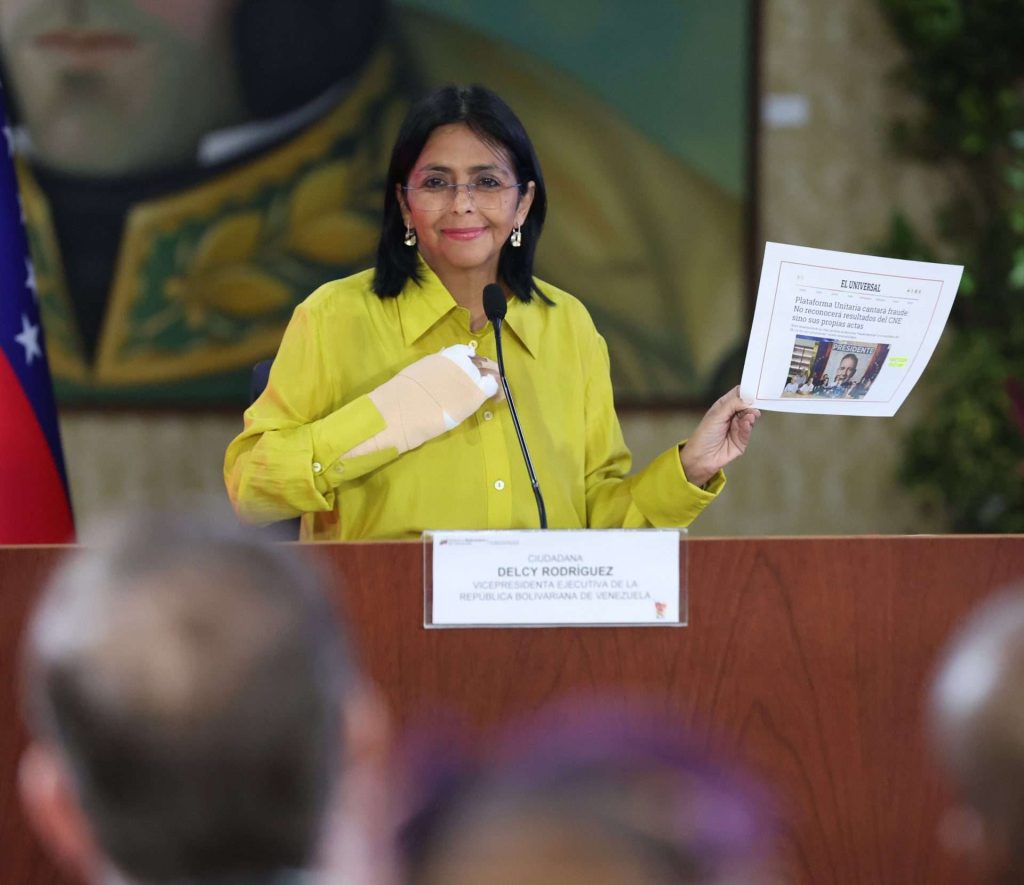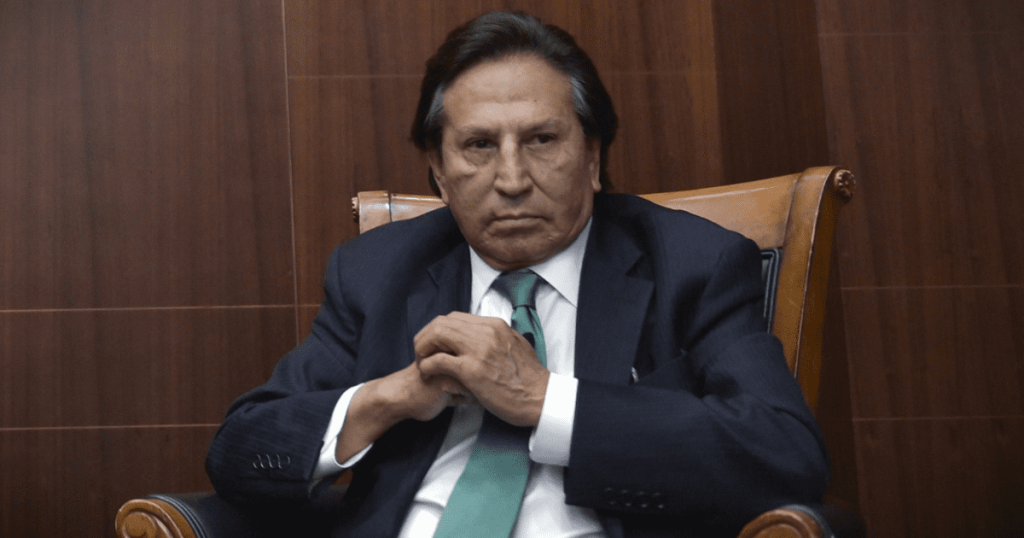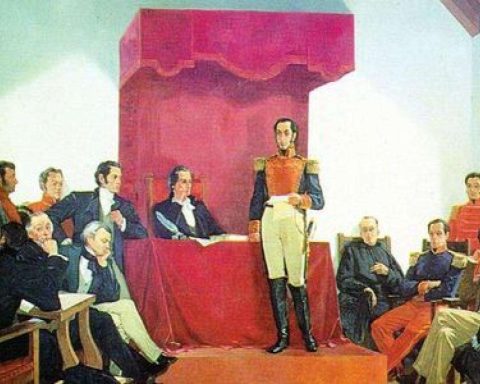In order to acquire such a golden seal during the essential gnoseological process, any science, apart from being equipped with a method of epistemic inquiry, object of study and didactic autonomy, such systematized knowledge will also require its own nomenclature. Thus, the law or jurisprudence of yesteryear, after overcoming the former labeling of nescience, after being conferred the status of art in ancient times, then began to have distinctive jargon, for being endowed with specialized scientificity and interdisciplinary technicality.
Due to the transversality of legal gnoseology, it is often said that law is language, apart from being ethical-moral wisdom, imbued with formal or dialectical logic and also endowed with scientific pluralism, for which reason for any jurist the words articulated or structured in syntactical propositions constitute raw material or input for intellectual work of an indispensable nature, since through written discourse and eloquence typical of forensic oratory they seek to vindicate justice.
As law is a common and technical language, since the law, among other sources of the legal system, is nothing more than the set of statements formulated in prescriptive, prohibitive or mandatory terms, whose words written through syntactical correctness and semantic property must be verbalized, interpreted and applied in the solution of social conflict, a public or private function that is the responsibility of the jurist acting as a judge, public prosecutor, notary, higher education professor, practicing lawyer or other task inherent to any legal operator.
Knowing that law is usually expressed through the linguistic sign, the main input of written or oral communication, it then turned out that analytical philosophy equated with semantics, in permanent search for the meaning of the word, had an impact in the field of legal science under the guise of conceptual jurisprudence, among whose pioneers of such a version were George Frederich Puchta, disciple of Friedrich Karl von Savigny, and Bernhard Windscheid.
Under the lucid knowledge of these jurists, the science of law or jurisprudence in the past would guarantee legal certainty through general and particular categories, conceptualized in total purity, as if they were dogmas or absolute truths. This is so because the normative system would be governed by laws codified with technical and common language harmonized, endowed with correctness, accuracy, clarity, conciseness and precision, so that the judge would be freed from interpreting the legislative act and would only have to deal with applying such a precept in the form of a syllogistic equation.
Strictly speaking, the well-known legal conceptualism in its nineteenth-century version was placed in a chimerical context, since the theoretical jurists of that time refused to harmonize the professional technicality of the surrounding reality with the symbolic pyramid of the general and particular categories previously raised, in order to avoid contamination or corruption of the normative system, since utility had ephemeral durability, while absolute truth was eternal, transcendental or universal.
Contrary to conceptual jurisprudence, it is now well known that pragmatics, a grammatical discipline rooted in the philosophy of language, has yielded enough lucid knowledge for both the theoretical jurist and the practical jurist to be expert users of written or oral communication, seeking that the speech game or linguistic act acquires the quadruple function, insofar as it must be elocutionary, locutionary, illocutionary and perlocutionary, so that the learned operator of the legal system can use the word in his rhetorical discourse or forensic oratory, either in the role of lawyer, or from the bar of attorney for the victim, or assuming the public representation of state legality, or located in the judge’s chair as administrator of justice.
By way of thematic closure, it should be said that the codifying work of the legislator has never been able to eliminate vagueness, ambiguity, amphibology and antinomy, among other impurities of the technified or common language, so it is quite useful that the theoretical jurist or learned operator of the normative system through skillful argumentation and demiurgic interpretation becomes capable of achieving the integration of the law, filling gaps, cavities and voids existing in any legal act, contractual, conventional or legal instrument, whose content must have some effect to guarantee peaceful coexistence in today’s society or in the intersubjective sphere.

